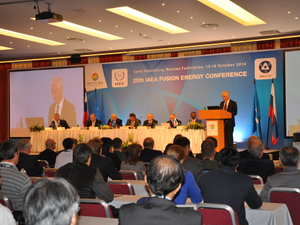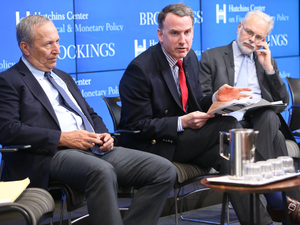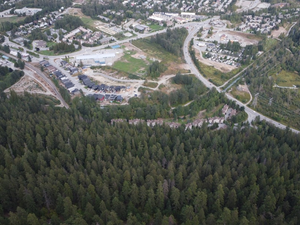Rural California's Lifeline is Under Threat: How AT&T Wants to Cut Your Emergency Communication

Photo by Rubaitul Azad on Unsplash
In the dense redwood forests of Northern California, residents are fighting a critical battle to preserve their most reliable emergency communication tool: copper landlines. AT&T is aggressively pushing to eliminate these vital communication lines, potentially leaving rural communities vulnerable during natural disasters and emergencies.
The telecommunications giant claims its efforts are about modernizing technology, but evidence suggests a different motivation: increasing corporate profits. AT&T has spent millions lobbying California lawmakers and creating a seemingly grassroots coalition to support legislation that would allow them to discontinue copper landline services in many areas.
For residents like Kathy Yerger, who lives in the remote Hacienda community, landlines aren’t just a communication method, they’re a lifeline. Wireless internet and cell services are unreliable in her densely forested region, with providers literally laughing at the prospect of servicing her area. “If I put the phone in the window and hope the stars line up and the trees don’t blow, yes I can try to connect,” she explains.
The stakes are high. During emergencies like wildfires and floods, copper landlines remain the most dependable communication method. Cellular networks frequently fail during disasters, and alternative technologies like fiber optics require backup power and are expensive to install.
AT&T’s strategy involves creating the appearance of widespread support through a coalition where over 80% of members have direct ties to the company. This “astroturfing” approach has raised significant concerns about the company’s true intentions.
Local activists like Phil Grosse are fighting back, creating community emergency communication networks and challenging AT&T’s narrative. “Rural communities don’t have big money to compete with AT&T,” Grosse says. “That’s why we hire legislators to look out for us”.
As California’s Public Utilities Commission considers changing carrier of last resort requirements, the future of rural communication hangs in the balance. The battle isn’t just about technology, it’s about ensuring every Californian can call for help when they need it most.
AUTHOR: cgp
SOURCE: CalMatters





















































